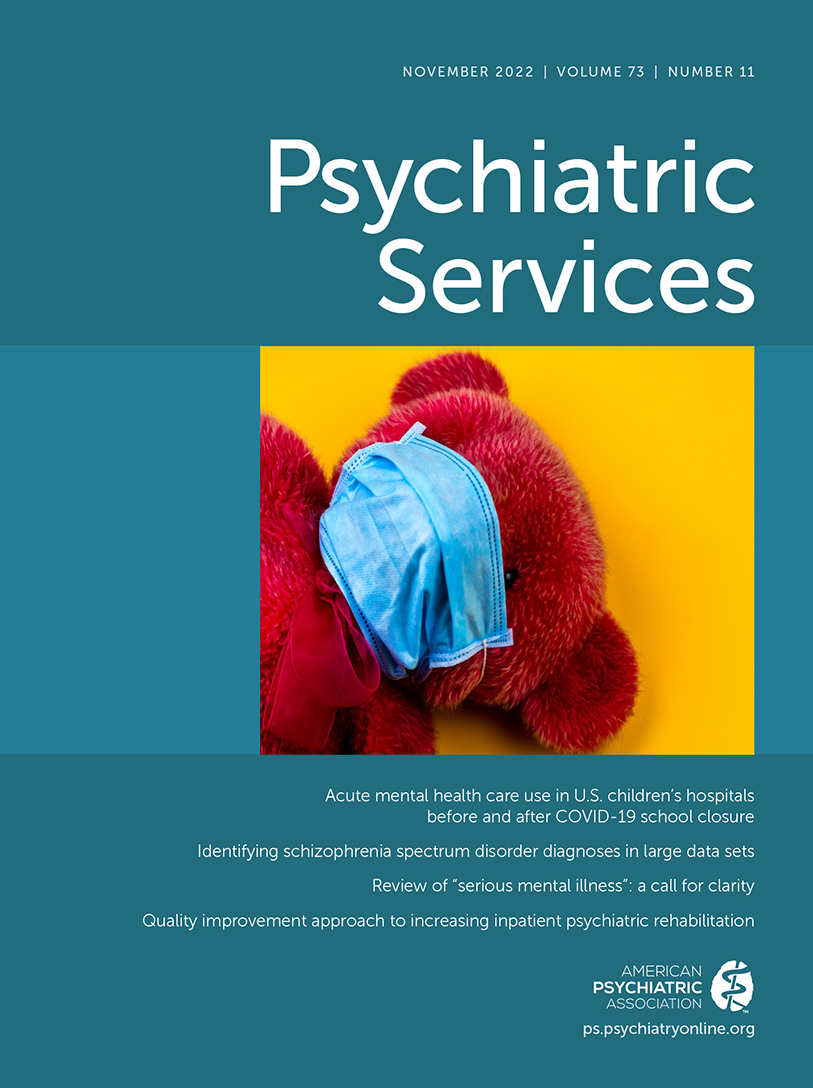The Working Alliance as a Mediator Between Fidelity to Strengths Model Case Management and Client Outcomes
Abstract
Objective:
The purpose of this study was to examine how the client–case manager working alliance in strengths model case management (SMCM) mediates the relationship between fidelity to the SMCM intervention and clients’ quality of life, hope, and community functioning.
Methods:
In total, 311 people with severe mental illness, served at seven community mental health agencies in Canada, participated in the study. They were new to SMCM and participated in five structured interviews every 4.5 months for 18 months to measure the quality of the client–case manager working alliance and clients’ quality of life, hope, and community functioning. The team-level SMCM fidelity scale was administered six times over 3 years. Ordinary least-squares path analysis was used to test simple mediation models.
Results:
Higher fidelity to SMCM was associated with better client outcomes indirectly through the working alliance. Higher SMCM fidelity predicted a stronger working alliance, which in turn predicted greater improvements in client quality of life (at 9 months and 18 months), hope (at 18 months), and community functioning (at 9 months).
Conclusions:
The results support the view that SMCM is an effective intervention. When the intervention was implemented as planned, it fostered stronger working alliances between clients and case managers and contributed to greater improvements in the quality of life, hope, and functioning of people with severe mental illness. The findings of this study highlight the value of ongoing monitoring of implementation fidelity to achieve high-fidelity interventions that may lead to positive client outcomes.



